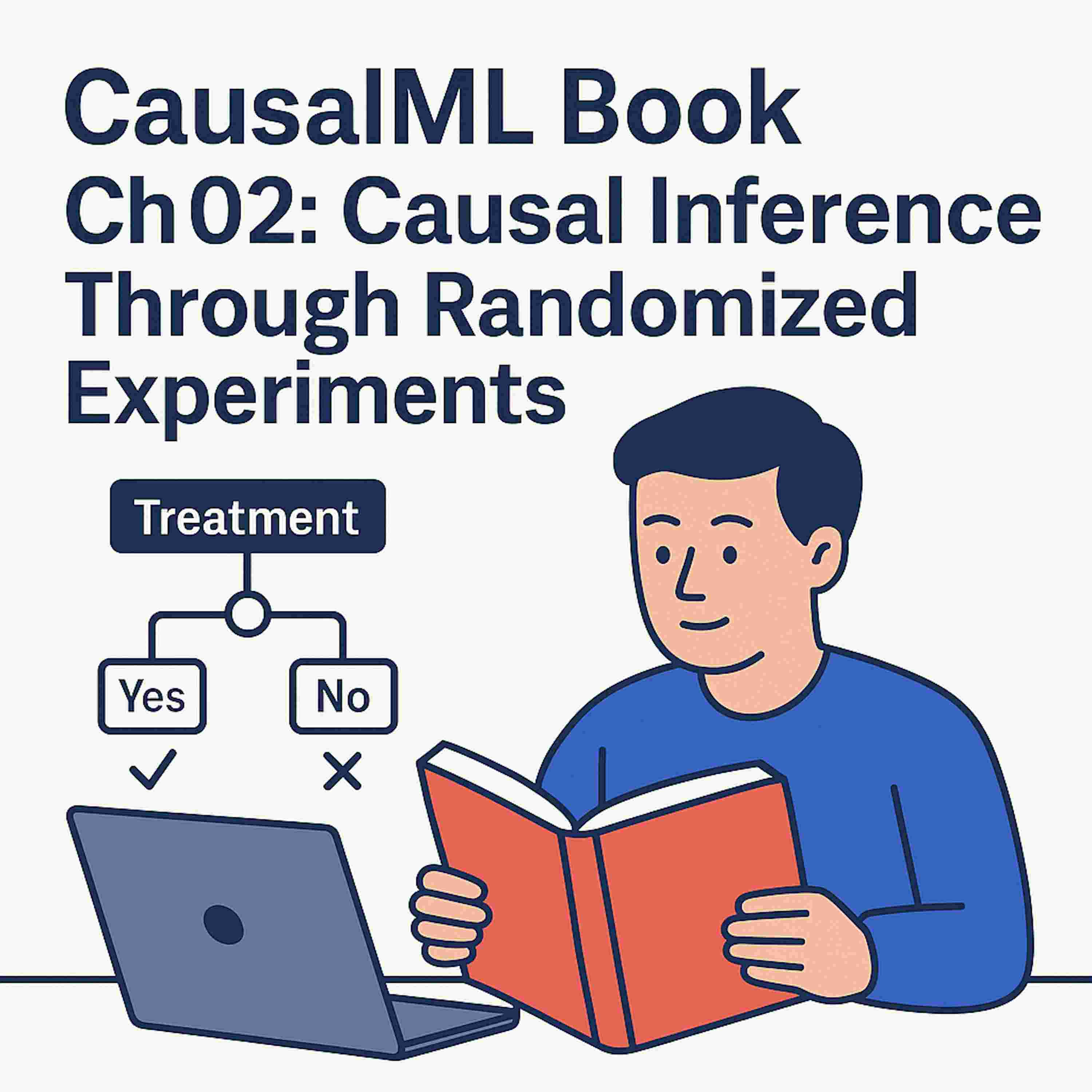

This episode provides a comprehensive overview of causal inference using Randomized Controlled Trials (RCTs), often considered the gold standard in establishing cause-and-effect relationships. The text begins by explaining the potential outcomes framework and the concept of Average Treatment Effects (ATEs), contrasting them with Average Predictive Effects (APEs) and highlighting how random assignment in RCTs eliminates selection bias. It then discusses statistical inference methods for two-sample means, illustrating these concepts with a Pfizer/BioNTech COVID-19 vaccine RCT example. The paper further explores how pre-treatment covariates can be utilized to improve precision in ATE estimation and discover treatment effect heterogeneity, detailing both classical additive and interactive regression approaches and applying them to a Reemployment Bonus RCT. Finally, the authors illustrate RCTs using causal diagrams and address the inherent limitations of RCTs, including externalities, ethical considerations, and generalizability concerns.
Disclosure